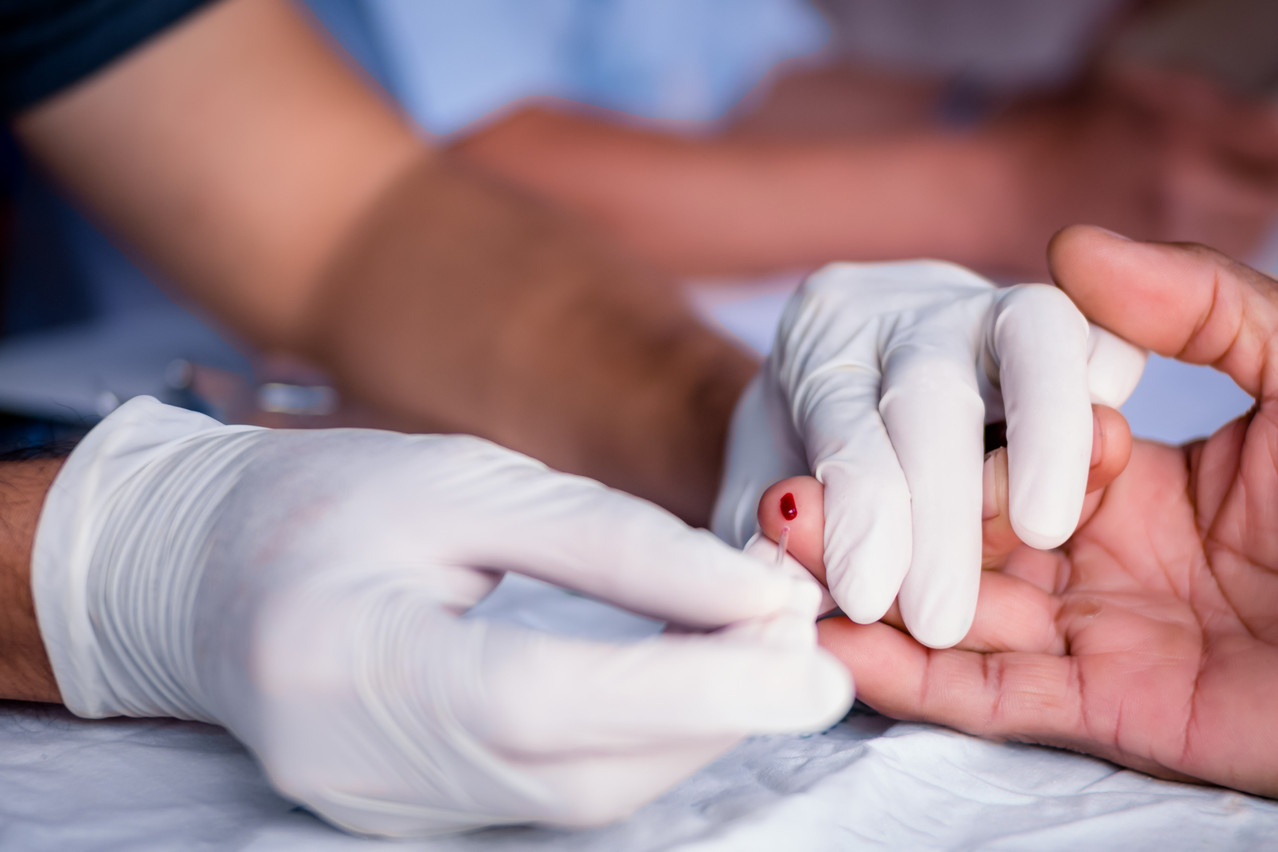The goal set by the Paris Agreement targets a rate of 95% of identified patients, 95% of antiretroviral treatment for those diagnosed of which 95% should carry an undetectable virus load, meaning that they cannot transmit the virus. The aim of the pact, in accordance with the agreement’s sustainable development theme, is to erase the virus by 2030.
Cities and municipalities that join the initiative from all over the world enter a partnership with the International Association of Providers of Aids Care, the Joint UN programme on HIV/AIDS (UNAIDS), the UN’s human settlements programme (UN-Habitat) and the city of Paris.
Signatories then work with these organisations to track, monitor, and report infection cases. The partners also provide access to testing, treatment, prevention services like PrEP, while cities prepare the framework in which to deconstruct the stigma around the virus, as well as spread awareness and information. Progress is subsequently shared with the partners on an online platform.
Over the last year, 32 people in Luxembourg were infected with the virus and 75 were undergoing treatment. Last year, the number of infections went down all over Europe, mainly due to the pandemic and ensuing restrictions; however, so did the number of screening tests. According to Laurence Mortier of the Luxembourg , around 500 tests were made this year, 300 less than the year prior to the pandemic.
Test, treat, inform
Mortier said getting tested is important, either through a blood test six weeks after the presumed contact, or through a rapid test or autotest three months after a risky contact. These tests are anonymous and free and can be done either in a hospital or at the Red Cross.
Testing, is one of the three pillars of the strategy to combat the virus, alongside treatment and prevention.
Luxembourg, through initiatives by the Red Cross and the government, such as the mobile screening van DIMPS, reaches out to more vulnerable populations, answering UNAIDS’s worry that social, economic, cultural and legal inequalities are an obstacle to the erasure of the virus by 2030.
Ignorance kills, a slogan that still rings true
While 20% of those infected are unaware of their health status, auto-tests which can be picked up at the Red Cross or sent home, have seen a rise in popularity after their introduction during lockdown last year. Rapid tests have also become more popular again now that appointments don’t have to be booked anymore.
Often, a reluctance to testing can be due to fear and ignorance on the subject. “The big problem that still generates discrimination and stigmatisation is always the lack of knowledge of the modes of transmission, of the treatments, and everything that is lack of knowledge and doubt,” Mortier said.
“It leads to questioning and doubts that are often negative if the person doesn't get information and it often leads to fear and avoidance,” she added.
“You can live with HIV”
Thanks to existing treatments--such as PEP, which is taken immediately after a potential exposure to the virus--people who have contracted HIV can live normal lives. PrEP, a preventive medication, if taken regularly, can even lower the risk of infection. “
At the moment, doctors don't call it a disease anymore but a chronic infection, so once you know you have it, you can really live well with it. You can have a fulfilling family life; you can have children... you can really lead a normal life,” said Mortier.
Though there is currently no cure for the virus, a consistent and continuous treatment can suppress the virus load until it becomes undetectable and thus non-transmissible, the ministry of health said in a press release.
The general stigma around the virus, however, still creates discrimination and exclusion once a person’s positive status is revealed. “This is why we try to raise awareness in high schools, adult courses, or via our prevention team. We organise events to explain the virus and to show you can live with it,” said Mortier
“Living with someone who is HIV-positive is not a danger,” she said. “With the correct treatment, it’s a chronic infection, and we need to lift the taboo that exists around it.”
Health minister Paulette Lenert (LSAP) in a statement said: “World Aids Day remains an opportunity to inform and raise awareness about HIV, its transmission routes and means of prevention, but also to strengthen solidarity with those affected through various actions and communications.”
